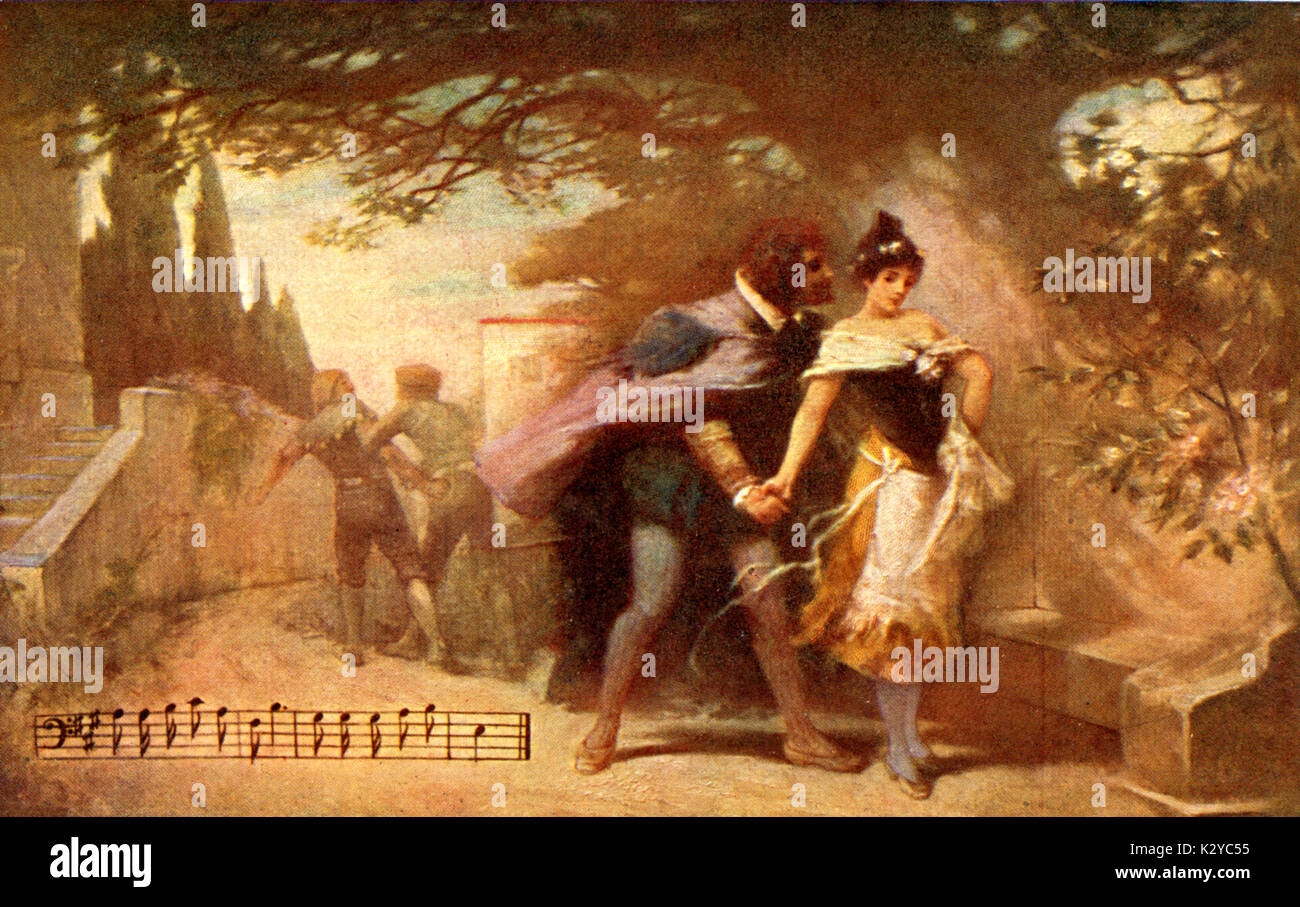

Mozart’s sister-in-law, Sophie Haibel, provided the most detailed commentary of his final days and hours. The symptoms of this syndrome included a high fever and the eruption of tiny, millet-seed shaped (hence the name, miliary), red bumps that blistered the skin. Mozart’s personal physician, Thomas Franz Closset concluded that the composer died of hitziges Frieselfieber, or acute miliary fever. Feeling a bit better by mid-November 1791, Mozart retracted claims to being poisoned and turned to writing his Requiem.ĭiagnosing Mozart’s final illness is complicated by the fact that the doctors who attended him at the close of the 18th century understood disease and practiced medicine in very different ways when compared to today. Mozart added a bit of fuel to this fire: while composing the Masonic cantata, he told his wife he felt ill, was likely to die, and that he must have been poisoned. Others went as far as to spread a false rumor that on his deathbed in May 1825, Maestro Salieri confessed to the crime. Fans of Peter Shaffer’s 1979 stage play, and the 1984 Hollywood film, “Amadeus,” incorrectly believe his colleague and rival, Antonio Salieri, did the deed.

READ MORE: Marilyn Monroe and the prescription drugs that killed herĪ week after Mozart’s death, a Berlin newspaper falsely reported that the composer was poisoned to death. He also composed the lilting Clarinet Concerto in A, a Masonic cantata, some new cadenzas for a few of his piano concerti, and began writing his haunting Requiem in D minor. This list is almost guaranteed to expand in the years to come.ĭuring his last few months of life, the preternaturally prolific Wolfgang completed the score for “The Magic Flute” and conducted its premier and several subsequent performances. At last count, there were more than 136 post-mortem diagnoses in the medical literature. Mozart was only 35.Įver since, generations of doctors have been obsessed with figuring out what caused Mozart’s premature death. Marx cemetery, just outside the Vienna city limits. Later, he was unceremoniously buried in a common grave - as was the custom of his era - in the St.

At 12:55 a.m., 225 years ago, Wolfgang Amadeus Mozart drew his last breath. For classical music lovers, December 5 may be the saddest day of the year.


 0 kommentar(er)
0 kommentar(er)
